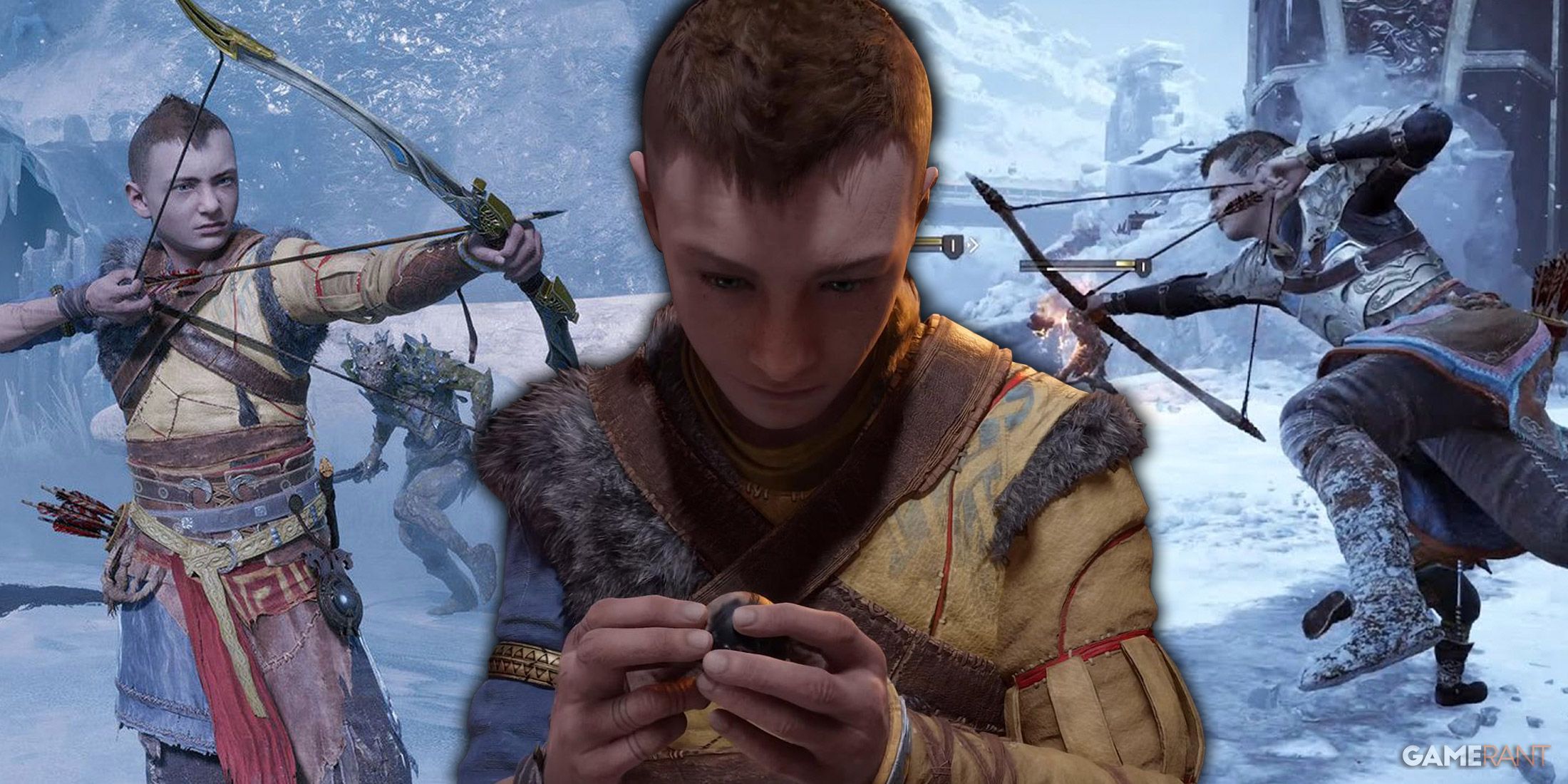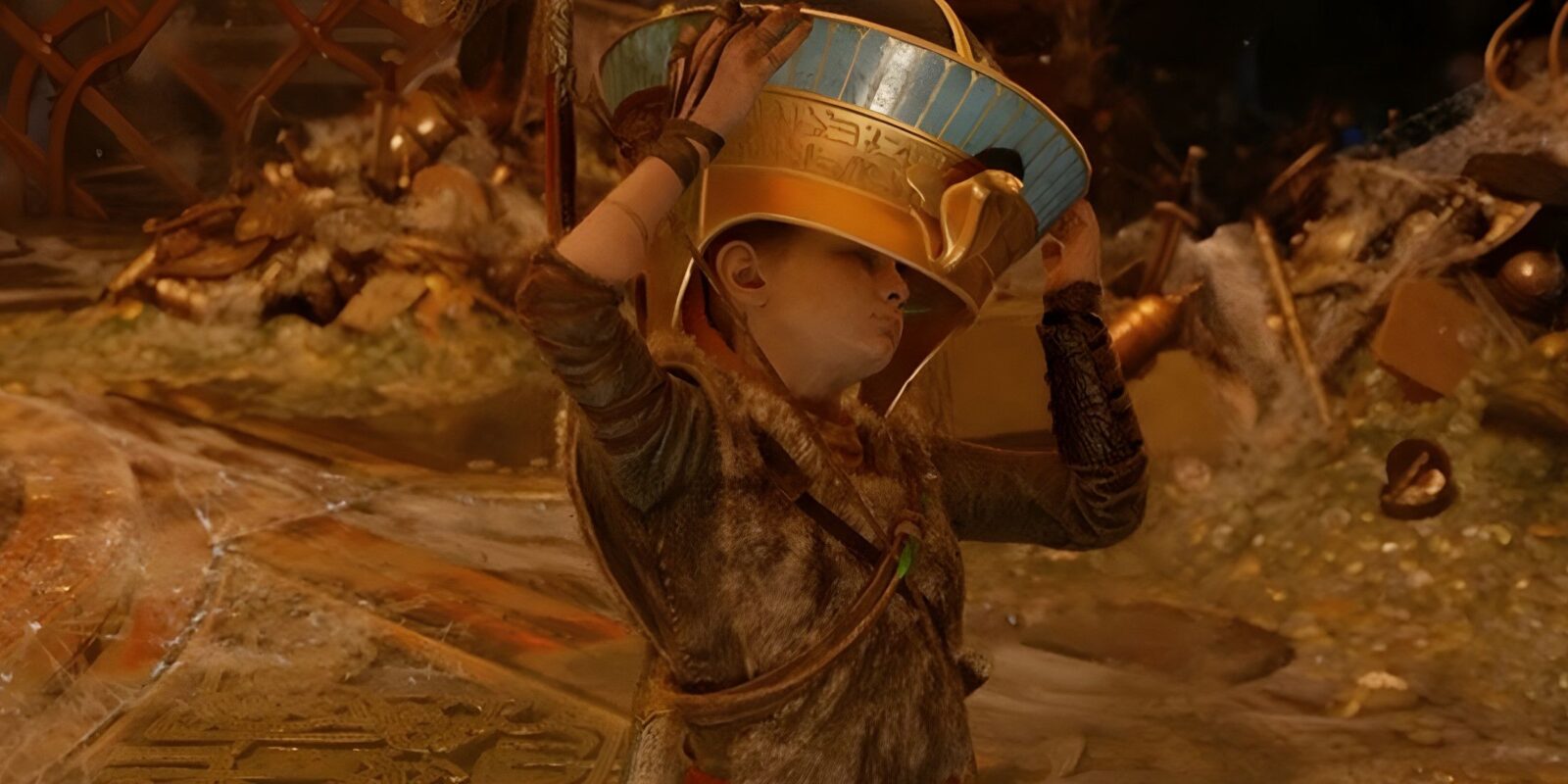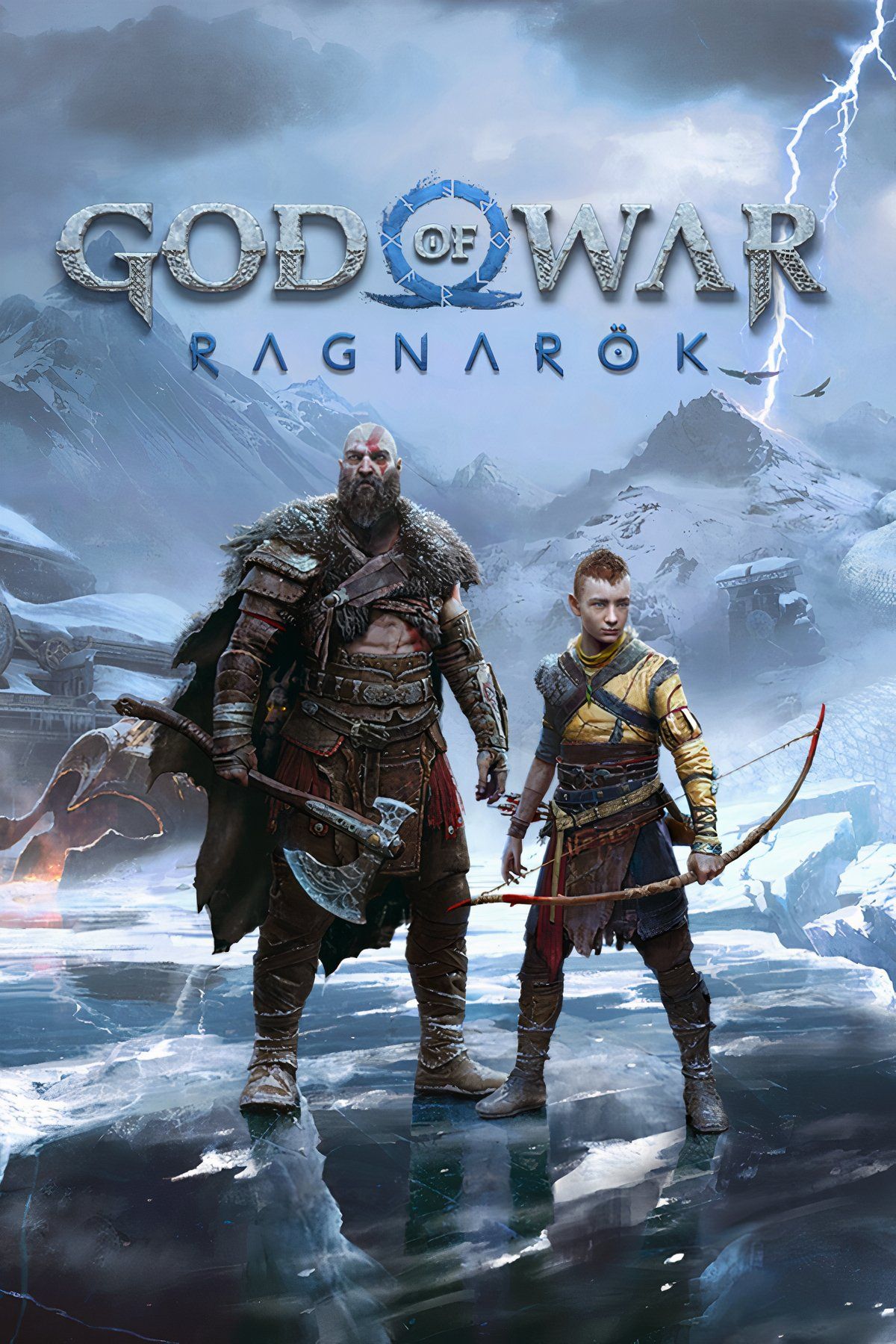God of War‘s soft reboot in 2018 is one of the most fascinating and successful gambles in recent gaming history. Taking Kratos, one of the preeminent mascots of not just PlayStation, but gaming as a whole, aging him up significantly, and giving him a son were bold enough creative decisions, but God of War went even further: Kratos was shipped off to the Norse realms, leaving his bloody history in Greece far behind him. Gameplay, pacing, and structure were also overhauled, making the revival shocking indeed.
But it paid off, as God of War (2018) is often cited as one of the best games of the past decade. The new combat system and slower-paced, intimate approach to storytelling resonated with audiences at the time, who had grown accustomed to mature narratives through games like The Last of Us, and methodical combat through the likes of Dark Souls. The success of the Nordic setting was perhaps the most surprising, however, as it was far removed from everything that made God of War‘s original setting so iconic. But the fact that it coincided with so many other major changes to the series’ formula, not to mention that the game was released eight years after the last mainline entry, made it go over easier, in a way; it was just a reflection of this new chapter in the God of War story.

Related
God of War Ragnarok’s Playable Atreus Takes the Wind Out of a Possible Standalone Game
Atreus is playable in God of War Ragnarok, which is great, but also makes the possibility of him leading his own game a bit less novel.
If God of War Changes Pantheons Again, It Won’t Be the Same
God of War May Not Manage a Clean Break from the Norse Realms
God of War (2018) is far removed from its predecessors in terms of narrative. Obviously, Kratos is still at the center of it all, and his complex feelings about his past inform his character arc, but there’s no consideration for, say, how Kratos wound up so far from Greece in the first place. Put another way, 2018’s God of War is able to shrug off the Greek saga like a worn-out shawl, as there aren’t any real, material threads connecting it to those earlier games.
Many have assumed, and not without reason, that God of War will incorporate other mythologies in the future, be that in the next entry or several entries down the road. This would be interesting, no doubt, and the stage for this move has been set through references to other mythologies in the past two games, but the swap likely wouldn’t be so seamless this time. The series can’t so easily leave the Norse realms behind, as Kratos and Atreus, who are now effectively sharing the spotlight, have strong, active ties to them. Thinking about it mathematically, there is quite literally twice the baggage to worry about.
When God of War jumped ship to the Norse realms in 2018, there was little need to illuminate the practicalities of these two unique mythologies existing simultaneously. Again, it was a fresh start for a dormant franchise. But unless God of War goes on a long and unprompted hiatus, its mythology-hopping antics will have to be explained for the sake of narrative cohesion.
God of War once again reinventing itself through gameplay alongside a pivot in mythology may make the shift less jarring, but this is unlikely to happen: God of War‘s gameplay shakeup in 2018 was a result of the gameplay formula growing stale up to that point, while this current formula still works for most players.
It may inevitably feel weird to see Atreus, Kratos, and perhaps their other allies, against another mythological backdrop, as they have arguably grown to be more defined by Norse mythology than Kratos was by Greek mythology. But this connection could turn out to be rewarding and narratively interesting rather than messy or confusing.















Leave a Reply